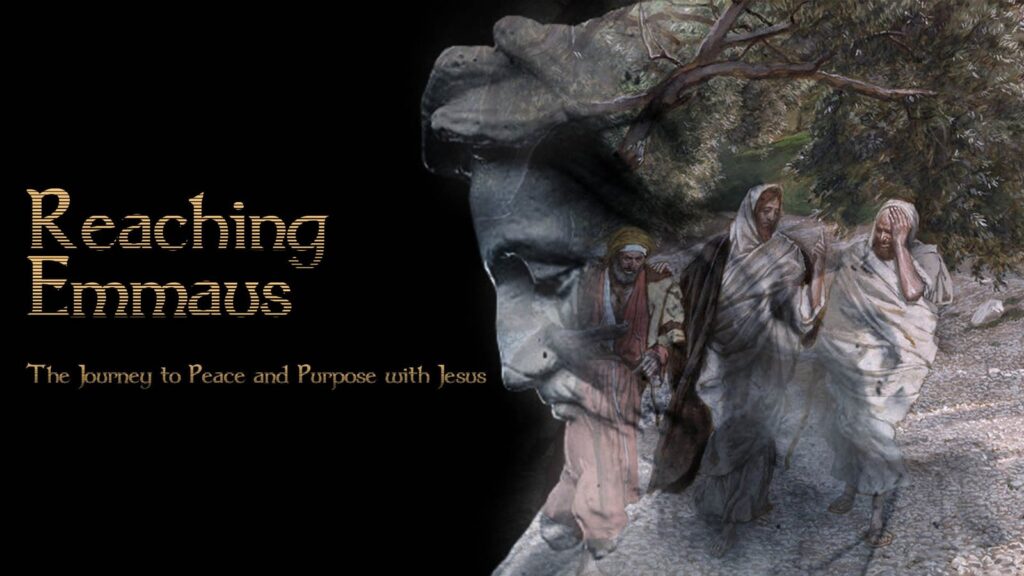
If you ever doubt how much influence you have in the coming generations, I’d like to introduce you to Jean Anthelme Brillat-Savarin by way of my elementary school health class; where we were told, “You are what you eat.” According to the internet, Monsier Brillat-Savarin, a French lawyer, politician, and gastronomist wrote these words in 1826. More specifically, he wrote, “Tell me what you eat and I will tell you what you are.”
The meaning of the phrase is simple: if you want to be healthy, eat healthy. If you want to be big and bulky, eat protein. If you want to be lethargic and jittery at the same time, eat nothing but marshmallows all day long. Being a politician and lawyer, I wonder if Brillat-Savarin followed the logical conclusion of this phrase beyond our diet?
What we consume, defines us.
Let’s say you’re a 9 year old kid whose parents only communicate to him is responsibilities and chores. He is persistently told to help out around the house, and very rarely complemented for it. What does he become?
What about a 12-year-old kid who expresses an interest in volleyball. Her parents are super supportive, so of course they sign her up for every camp imaginable, followed by private lessons, an elite club team, and all the gas money imaginable to get her in between practices every night. She becomes singularly focused on volleyball out of necessity and their conversations turn to only volleyball. She eats, sleeps, and breathes volleyball until she graduates from high school without a college offer. What does she become?
And then there’s the 35-year-old who has desperately tried to climb the career ladder to support her family and is working her tail off all week long. Her family loves and appreciates her, but unintentionally makes comments about all the things they don’t get to do. As she drives to work each day, she passes all the things she can’t provide. What does she become?
Or, finally, the stay-at-home husband who cleans, cooks, cares and puts it all on repeat. He gets to sleep in on Saturdays, but the main appreciation he gets is “that was delicious” and “thank you for cleaning.” The rest of the time his family is so busy, that all he consumes are those moments. What becomes of him?
Jesus encountered the same people that inhabit our world today. People struggling for peace and purpose amidst an ever-changing world. As the world turns, we consistently are asked “what will we consume?” What will be our priorities? What will fill us? What will be the foundation for everything else? And often we choose very finite goals to define us. The very common trope is the two old guys that still talk about the touchdown they scored in the state championship game. A great moment, for sure, but is that a purpose that exists as we grow, adapt, and move forward with life?
Jesus offers this advice in Matthew 6:19-24, part of the Sermon on the Mount:
“Do not store up for yourselves treasures on earth, where moths and vermin destroy, and where thieves break in and steal. But store up for yourselves treasures in heaven, where moths and vermin do not destroy, and where thieves do not break in and steal. For where your treasure is, there your heart will be also. The eye is the lamp of hte body. If your eyes are healthy, your whole body will be full of light. But if your eyes are unhealthy, your whole body will be full of darkness. If then the light within you is darkness, how great is that darkness! No one can serve two masters. Either you will hate the one and love the other, or you will be devoted to the one and despite the other.”
He goes on to name “money” as a key finite goal that people find purpose in, but it’s one of many ways we define ourselves by what we choose to consume. Where we often get defensive when confronted with Jesus’ words is that we assume Jesus is limiting us to a life of monastic prayer, but that’s not the case. Work, sports, band, music, friends, your yard, your boat – all those things are great – but they aren’t a purpose. They are finite. They break. They will end. And they cannot perpetually adapt – which means you cannot continue to grow. What Jesus is calling us to is a life that consumes Christ first and foremost, building a foundation on the eternal God who is there through every change, and letting that foundation determine what we do with the rest of our resources and the manner in which we do those activities.
Jesus says in John 13:35 that “By this everyone will know you are my disciples, if you love one another.” Here he is talking about definition by output – but what must you consume, in order to be? Ask yourself this week if what you consume is filling you with love, grace, promise, and peace? Or if it’s filling you with expectation, worry, performance-anxiety, doubt, and fear? Jesus would follow up in Matthew 6 with the famous passage about “do not worry.” Perhaps it’s so hard to understand that passage because we’ve consumed so much of the latter option.
I’ll pray for peace for you this week, and I hope you’ll pray for me. I look forward to worshipping with you on Sunday, and I’d especially like to invite you to consider joining a small group for support, fun, and fellowship to help ground you in a purpose-filled life in Christ. If you don’t have one, Pastor Adam can help; and be on the look out for some upcoming opportunities to consume love while consuming some good food.
Peace,
David Lessner




